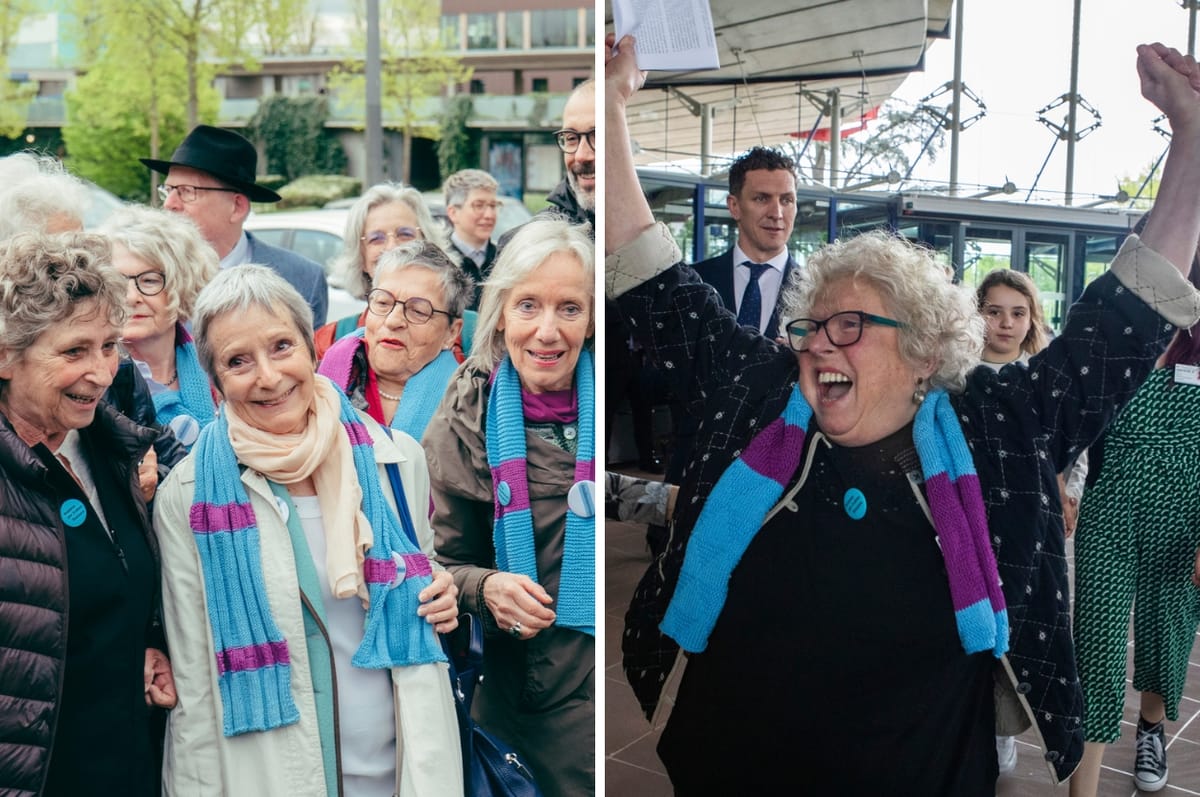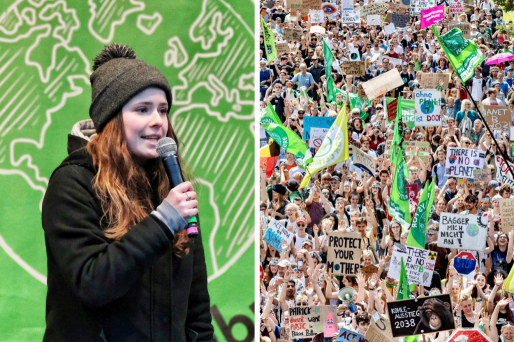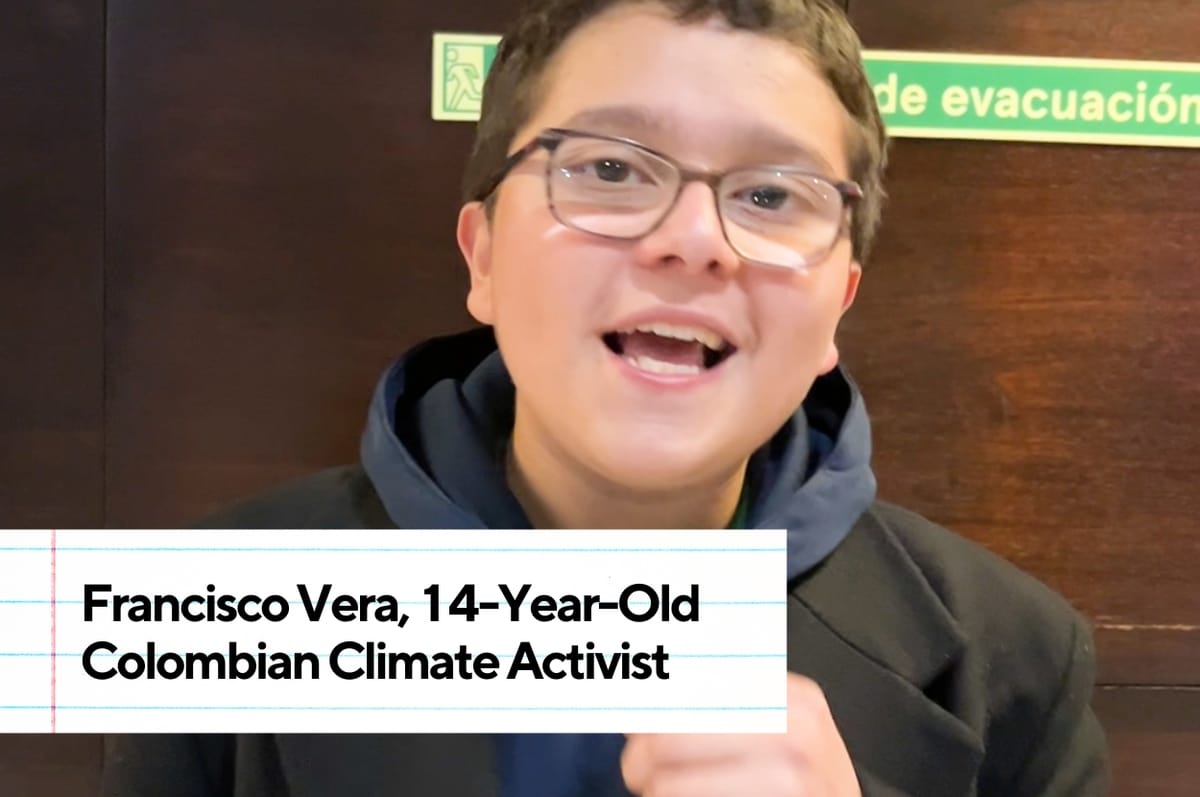Young People In South Korea Sued The Government For Not Doing Enough To Fight Climate Change And Won
More than 250 people joined the lawsuit, including children, babies and even a fetus.
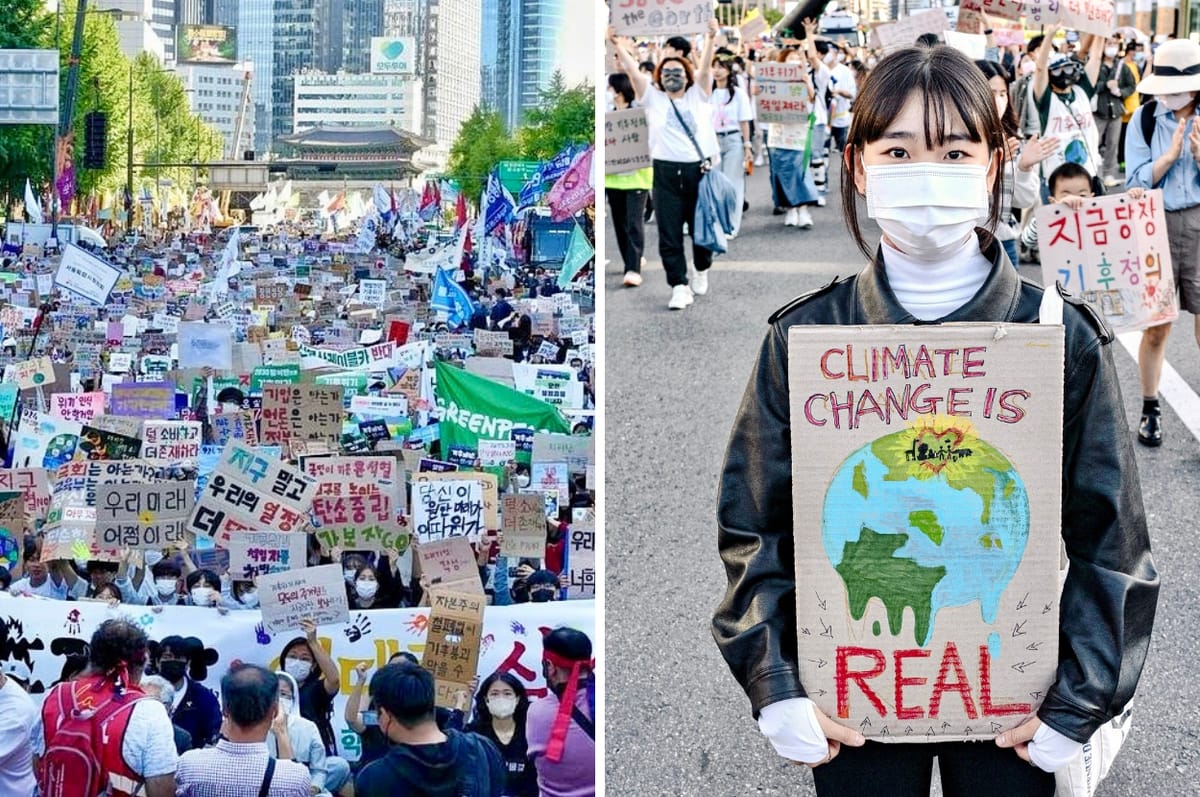
In a win for climate justice, South Korea’s top court found that the country isn’t doing enough to protect future generations from the effects of climate change, violating their fundamental human rights.
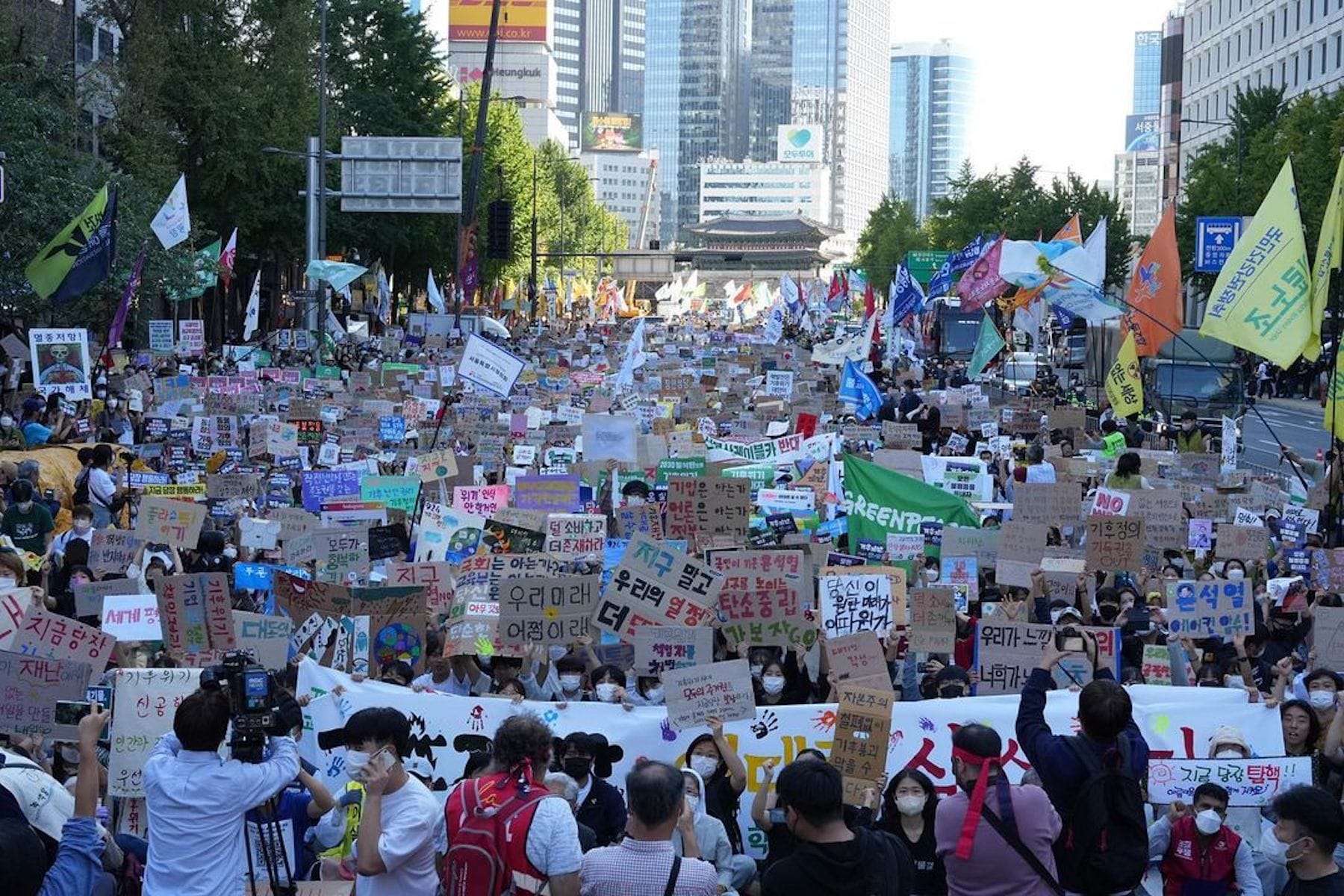
The case first began in 2020 when Youth 4 Climate Action, a group of young people who led the Korean chapter of the global school climate strike movement, filed its first lawsuit against the government for not taking enough action to protect them.
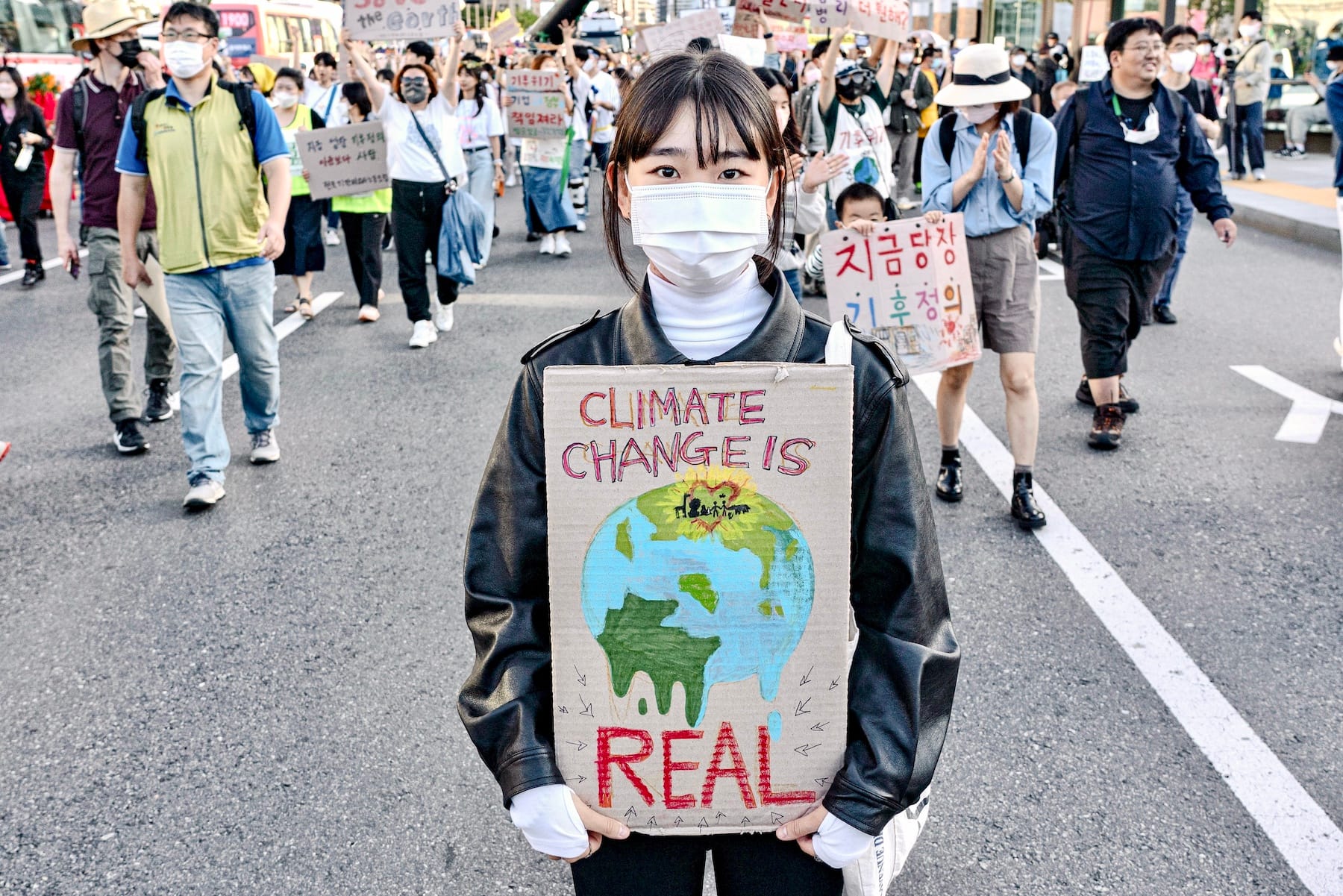
Under a law in 2021, the country was obliged to reduce carbon emissions by 290 million tons by 35% by 2030 and to become carbon neutral by 2050.
The government then set a goal of reducing carbon emissions by 40% by 2030 but did not set a goal beyond 2030, which the young people argued violated their fundamental right to life and a clean environment.
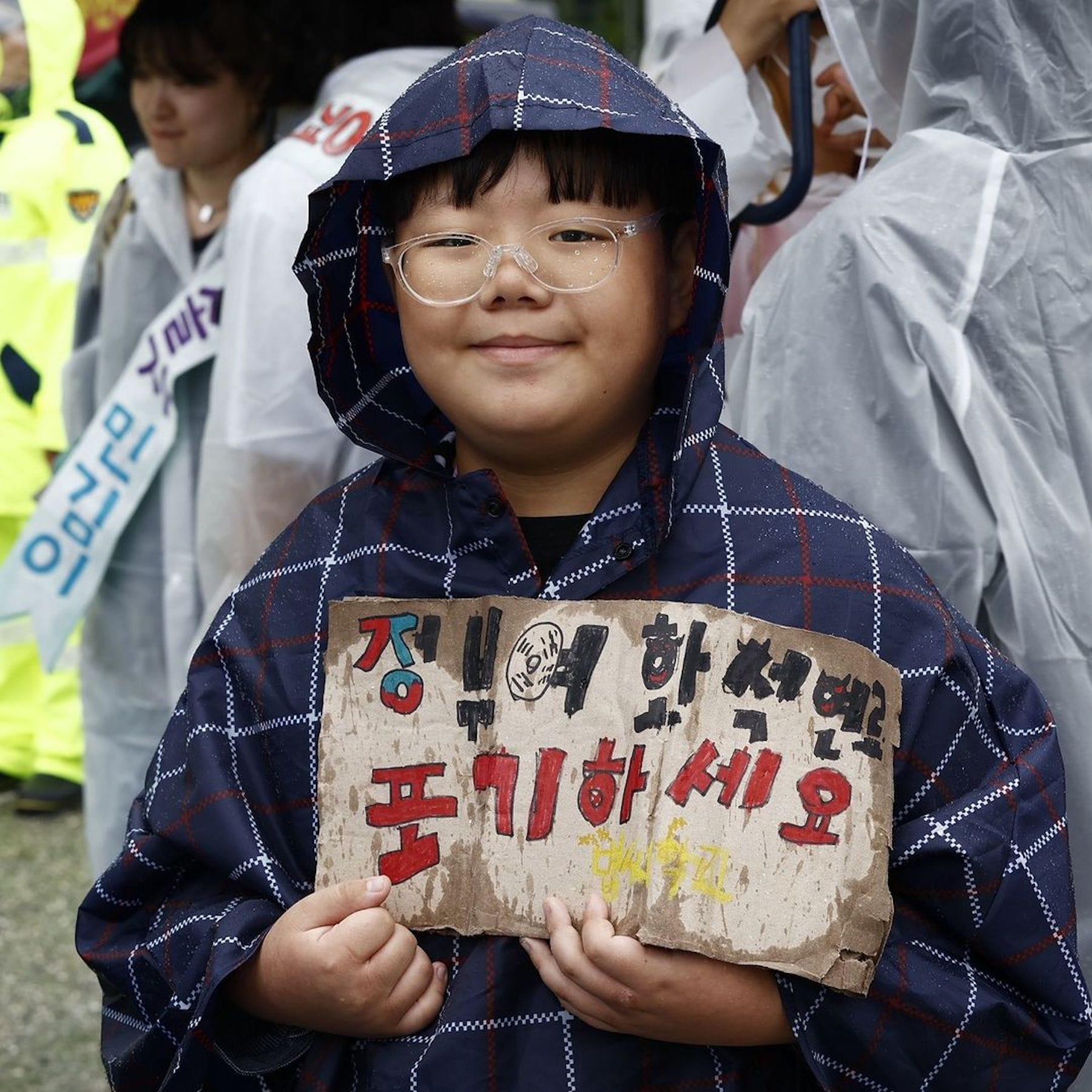
More than 250 people joined the lawsuit, including children, babies and even a fetus.
On Aug. 29, the constitutional court unanimously ruled in favor of the young people, finding the government had violated their rights.
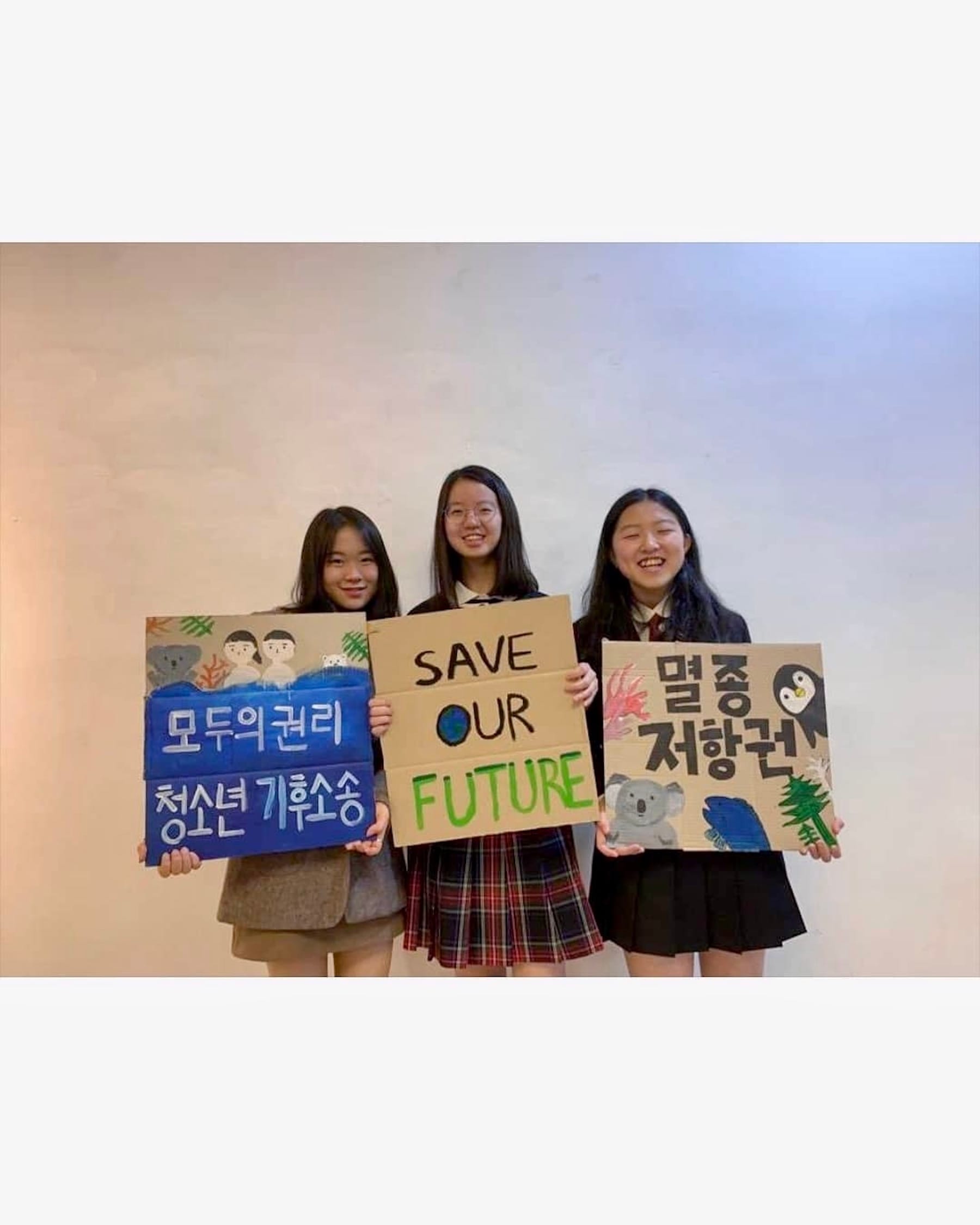
The court found that without concrete plans for reducing carbon emissions after 2030, the government was burdening young people to find solutions for carbon neutrality instead of allowing them to live or be born into a healthy environment.
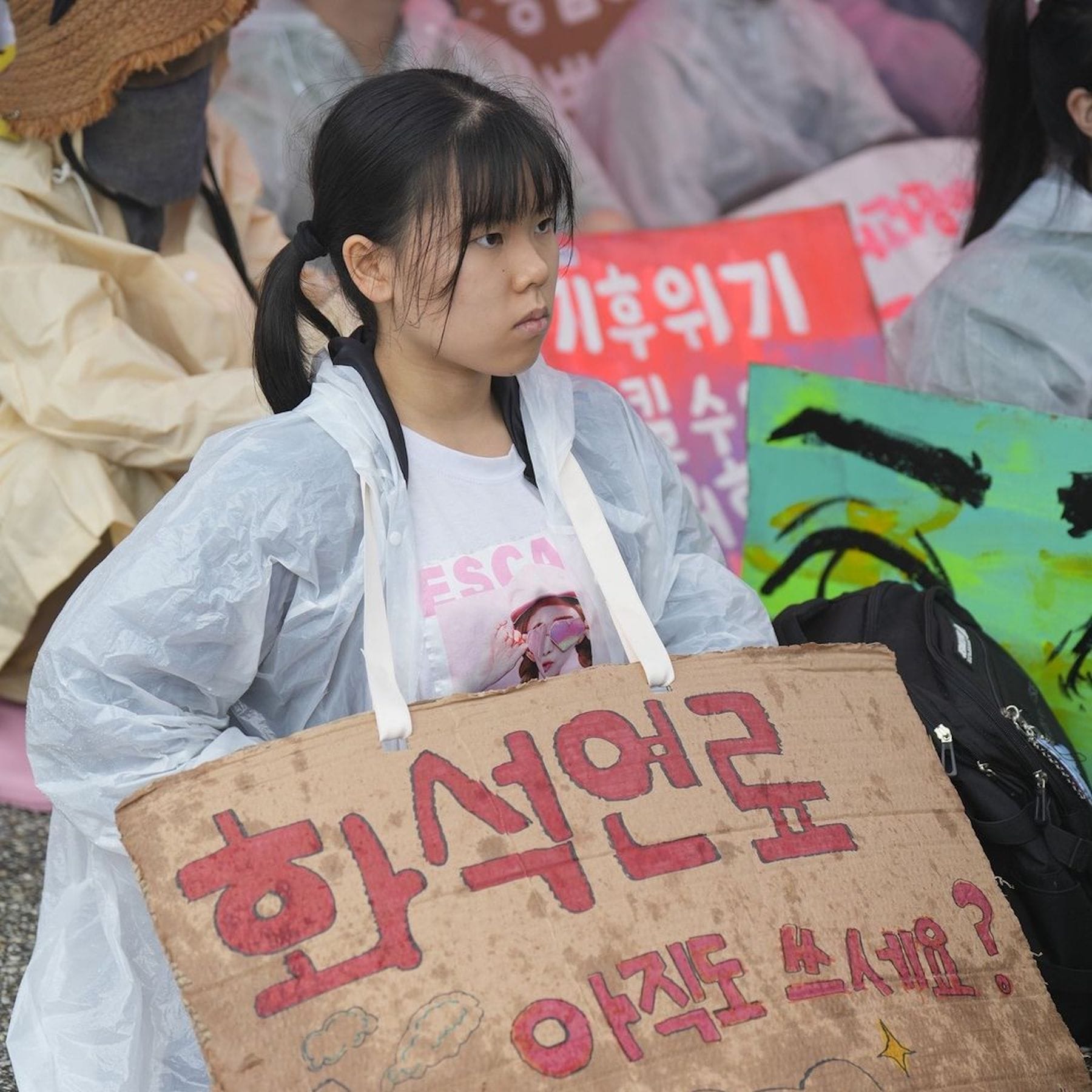
The court said that the government’s 2030 goal was adequate but ordered it to develop additional concrete plans to meet the 2050 goal of carbon neutrality.
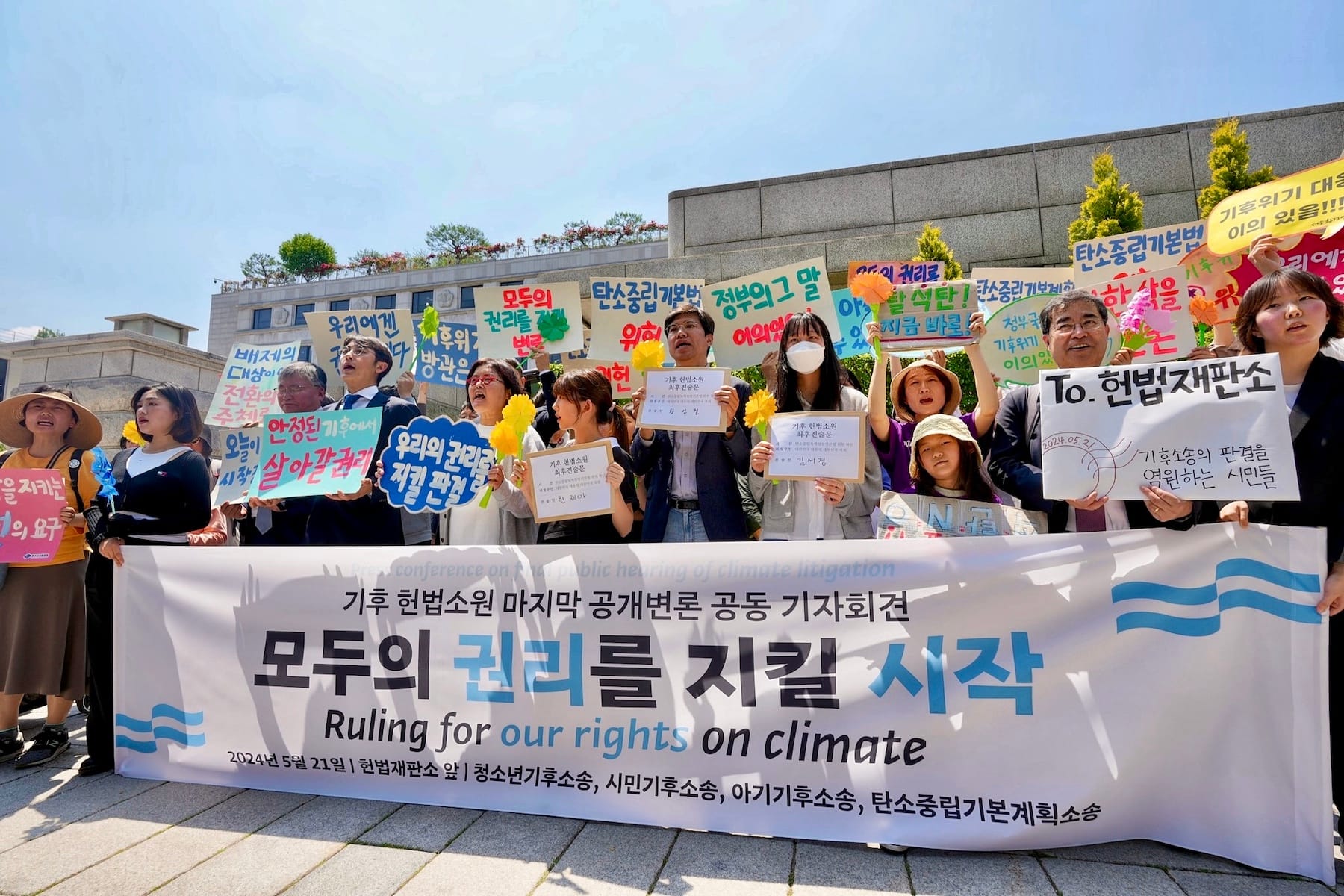
The government has now been given until Feb. 28, 2026, to change the law in response to the new verdict.
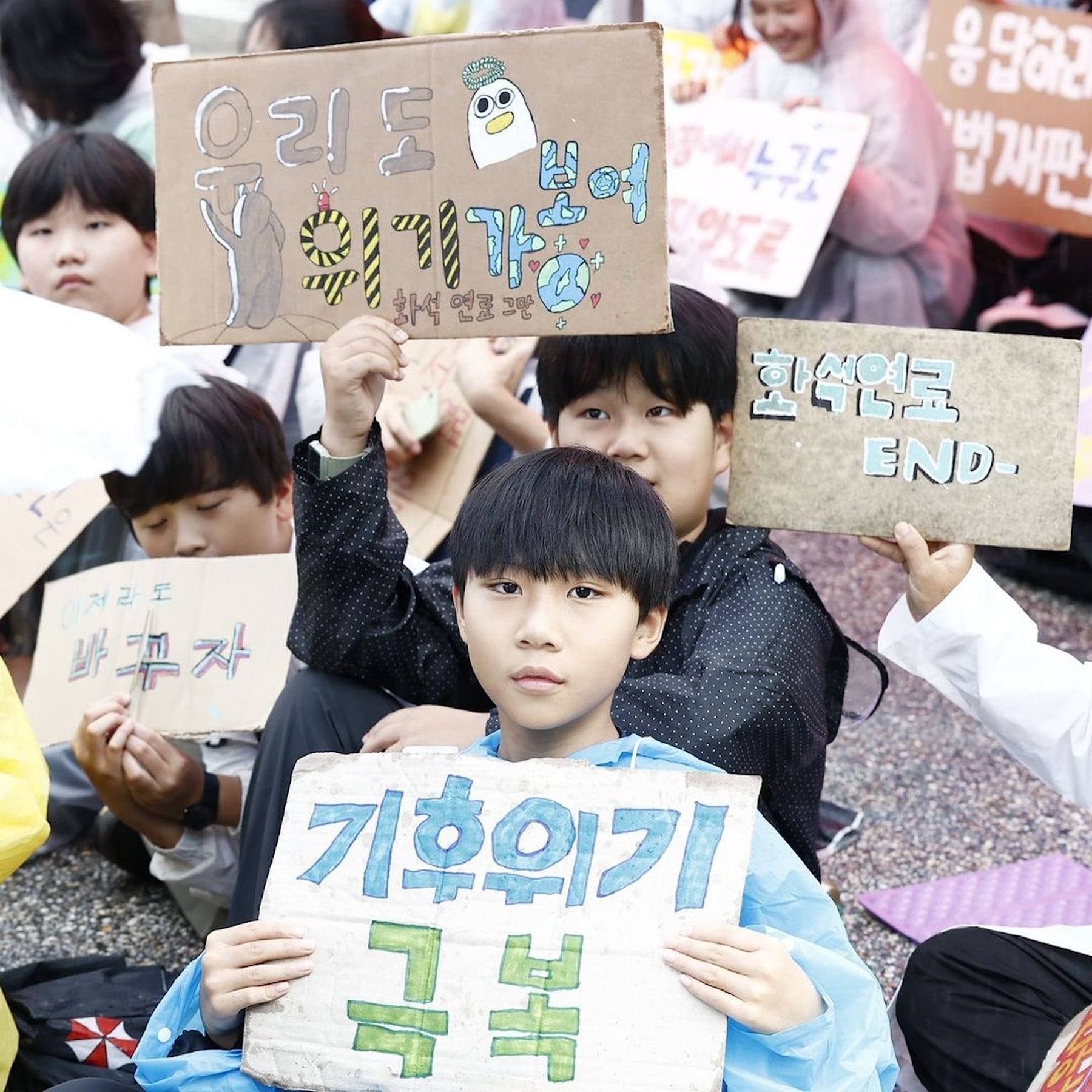
A lawyer for the young people, Kim Young-hee, called the verdict “an important decision for the entire society’s greenhouse gas reduction.”
The decision is similar to a landmark ruling in Germany in 2021 that ordered the government to set clear goals to reduce greenhouse gas emissions after 2030 because its current law did not protect future generations.
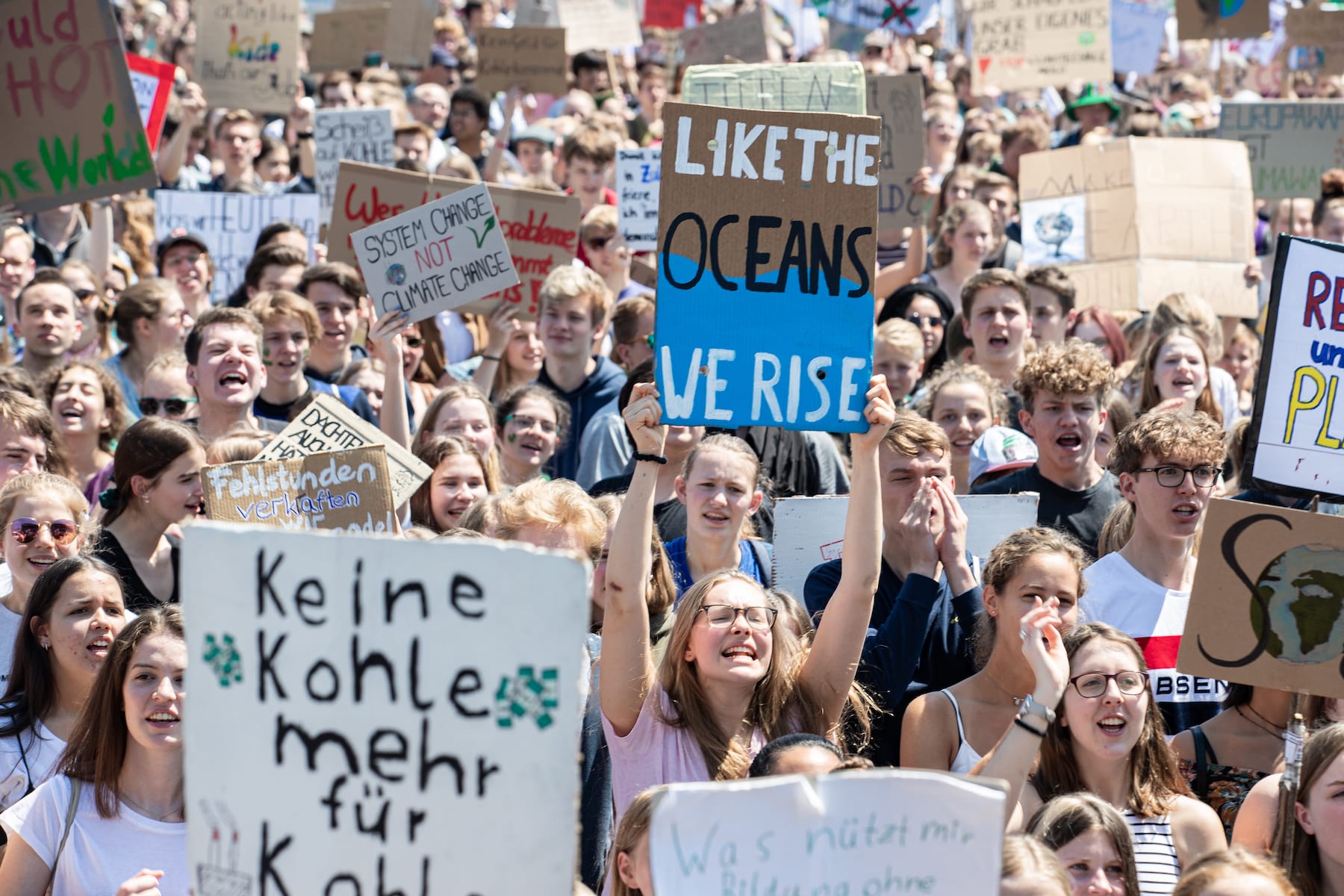
Climate advocacy groups said this was the first high court ruling on a government’s climate action in Asia, potentially setting a precedent in the region, according to Reuters.
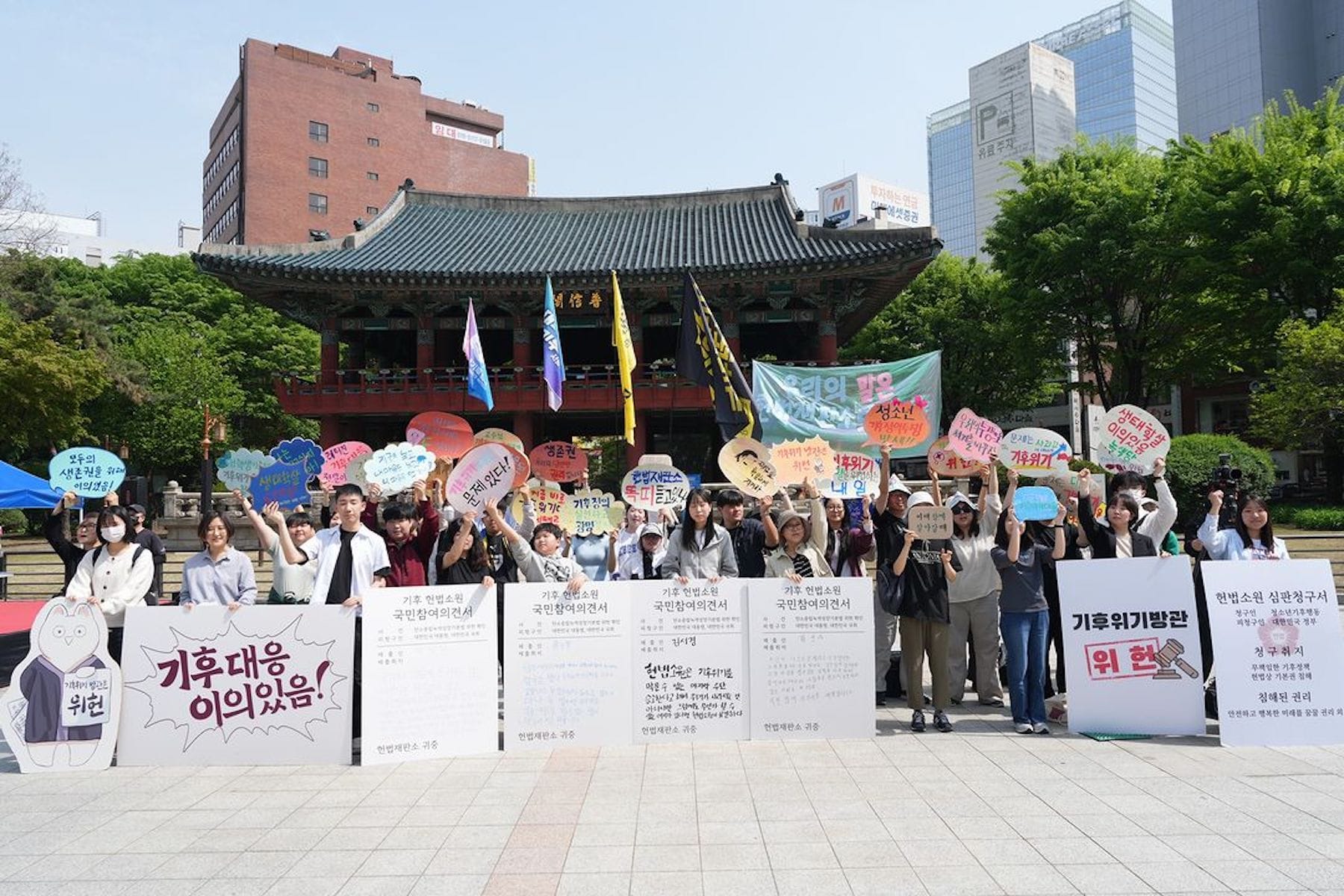
Similar lawsuits have also been filed in Taiwan and Japan.
More On Climate Justice
